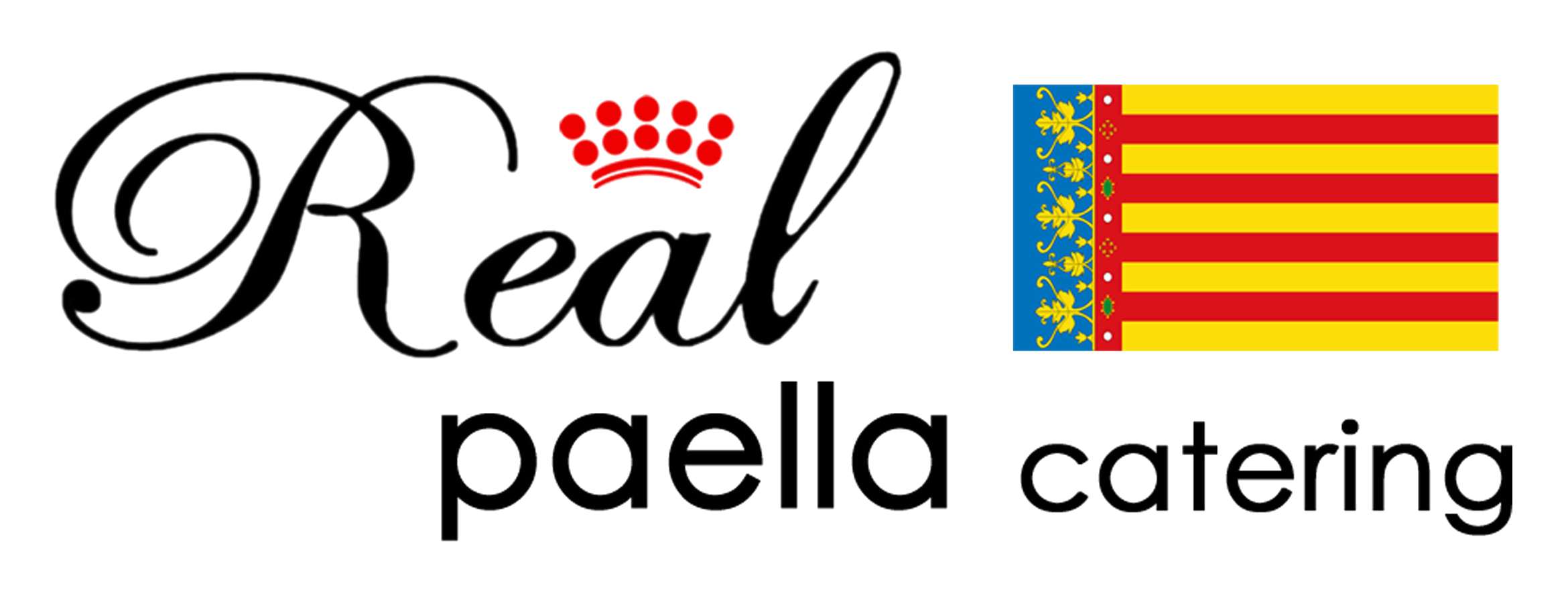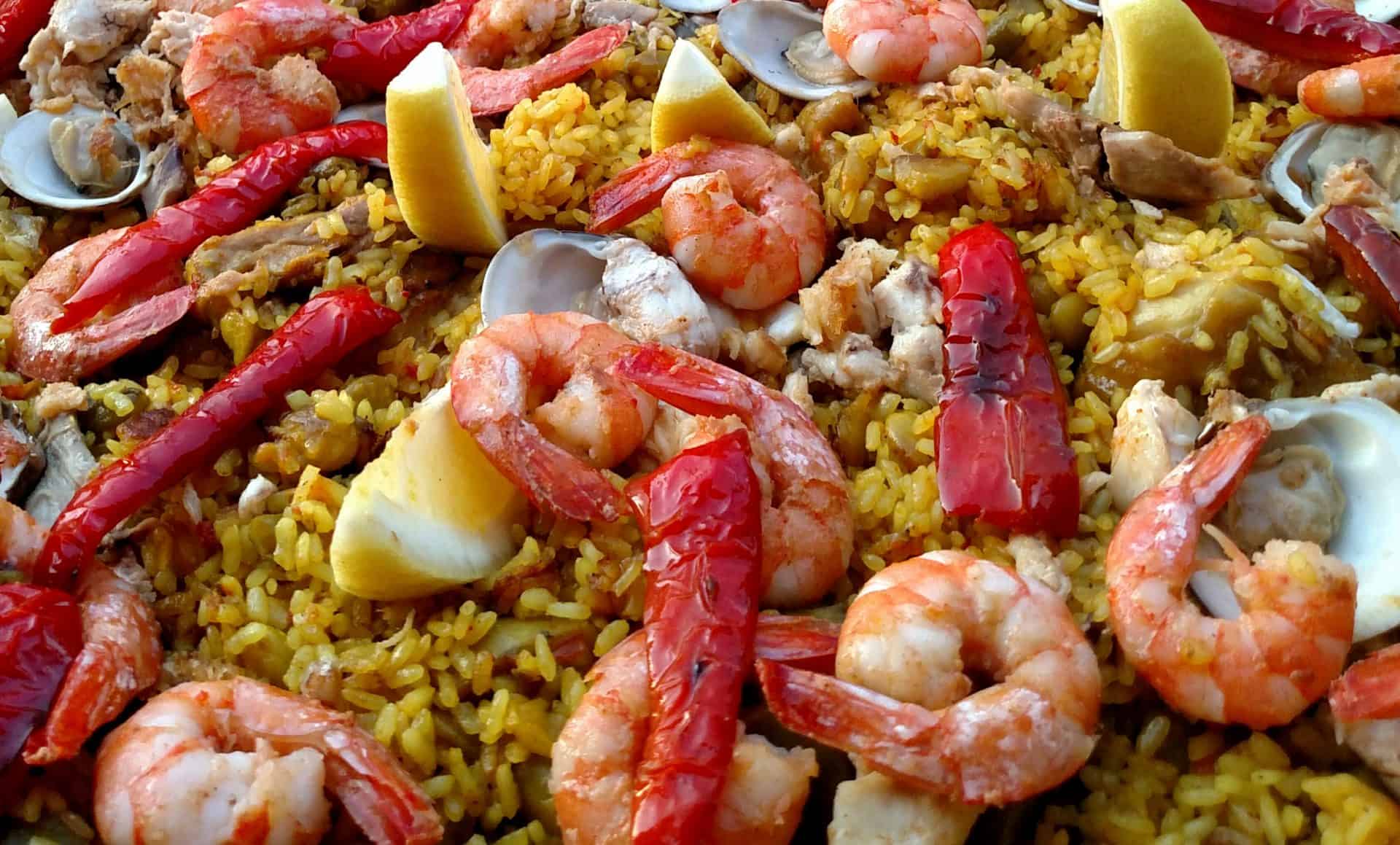Learn the history, traditions, and facts about some of the ingredients typically used in Spanish cuisine and a key to Real Paella.
For additional information:
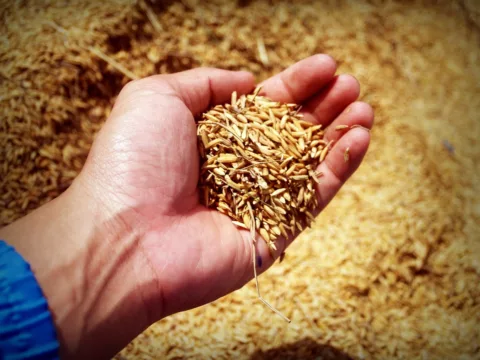
Albufera Rice
Why Albufera Rice Is the Secret Ingredient for the Perfect Paella If you’re passionate about authentic Spanish cuisine—especially paella—you’ve probably heard about Bomba and Calasparra rice. But have you discovered
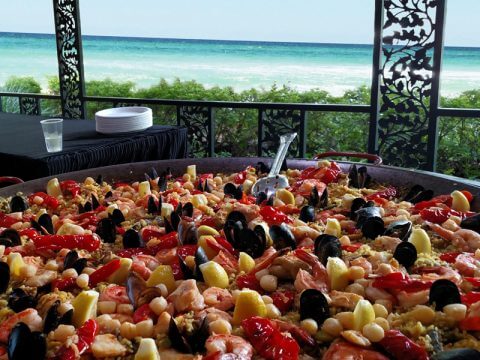
About Spain
Learn the history, traditions, and facts about some of the ingredients typically used in Spanish cuisine and a key to Real Paella. For additional information:
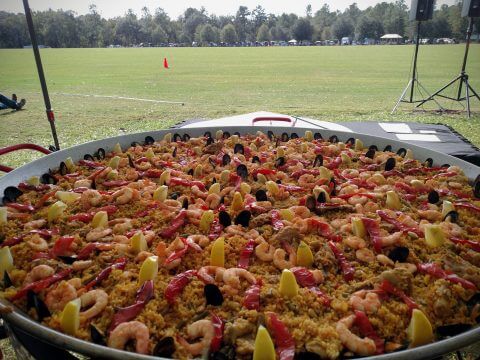
Paella
(pronounced: “pah-EH-yuh”) A saffron-flavored Spanish dish made with varying combinations of rice, vegetables, meat, chicken, or seafood traditionally eaten on Sunday.
Initially the consumption of rice in Valencia was limited to its use in the form of flour or semolina. In the XVIth century baked rice in a clay pot was already consumed in Valencia , by the XVIIIth century, there is already documentation of the dish known as paella. …
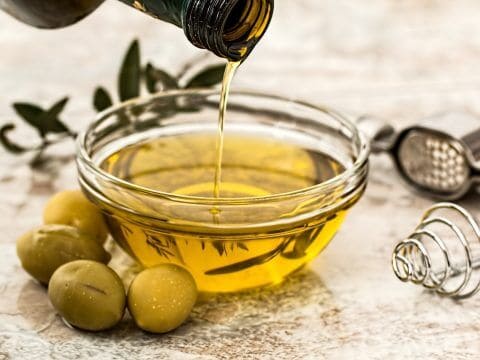
Olive Oil
Spain has approximately 1,800 factories dedicated to the production of virgin olive oil (half of which are located in Andalucia) and 308 million olive trees(185 million in Andalucia), and produces 830,000 tons of olive oil annually, around 34 percent of the world production. That makes Spain the main producing country of olive oil in the world.
The province of Jaen in general, and the city of Martos in particular, claims to be the “World Capital of Olive Oil” as the largest producer of olive oil in the world. …
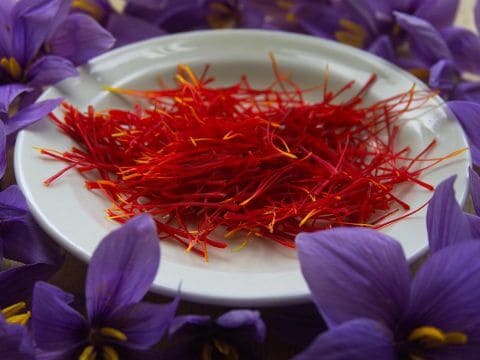
Azafran
The word saffron derives from the Arab word zafaran, meaning yellow, and it was mentioned as far back as 1500 b.c. in many classical writings, as well as in the Bible. Further derivations come from the Old French safran, Medieval Latin safranum, and Middle English safroun.
Saffron is harvested from the fall-flowering plant Crocus sativus, a member of the Iris family. It is native to Asia Minor, where it has been cultivated for thousands of years to be used in medicines, perfumes, dyes, and as a wonderful flavoring for foods and beverages. …
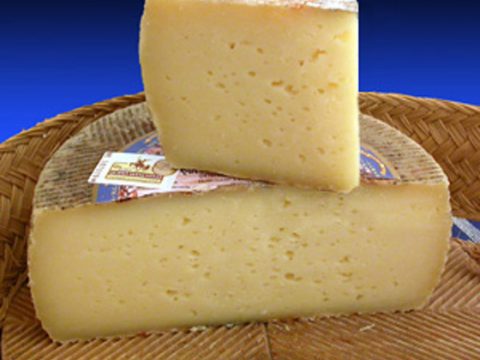
Queso Manchego
This historic cheese is named for the Spanish region of La Mancha, also home of Don Quixote. Made of pasteurized sheep’s milk, it has a black gray or buff colored rind with a crosshatch pattern. The interior ranges from stark white to yellow, depending on age. …
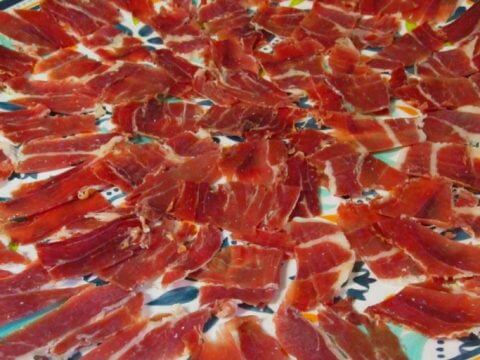
Jamon Serrano
Serrano ham is one of Spain’s most valued culinary treasures, a symbol of centuries of history and tradition. To the rest of the world, it is simply one of the richest gourmet delicacies available today. …
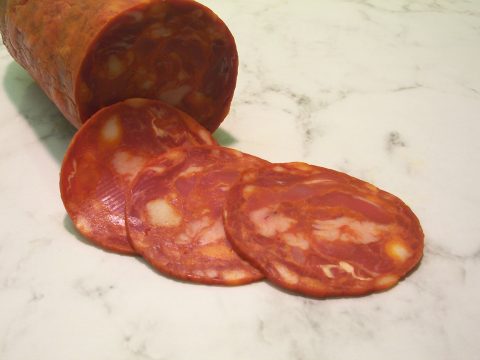
Chorizo
This is Spain’s traditional sausage, seasoned with paprika and garlic.
Chorizo seems to have its origins in the Catalan xoriço. There are seventeen officially recognized varieties of in Catalonia. It is usually made from lean pork (Iberian pig), garlic, paprika, red bell peppers, and red chile pepper flakes. …
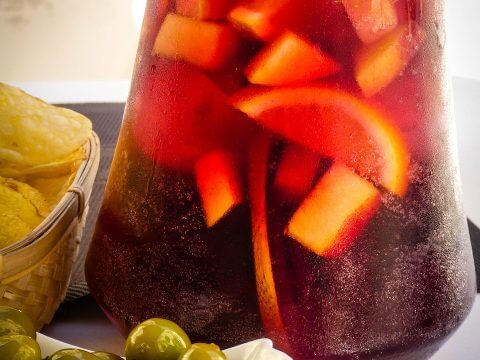
Sangria
It normally has red wine, brandy, and fruit. However, it can be made in just about any style you can imagine. You can make Sangria with white wine and even Champagne!
From its humble roots in Spain, Sangria has grown to become a popular, refreshing party drink around the world. In the US, Sangria was first tasted at the 1964 World’s Fair in New York. The Spanish World area served this fruity wine punch to its visitors, and history was made! …
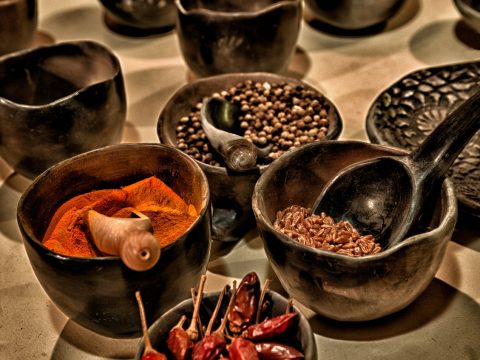
Pimenton
Paprika is made from dried and ground chile peppers, capsicum annuum, which originated in southern Mexico.
Capsicum is a member of the nightshade family which also includes potatoes and tomatoes.
Christopher Columbus is credited with bringing the chile to Europe. Aristocrats originally cultivated capsicum as ornamental plants until eventually their culinary value was recognized. …
